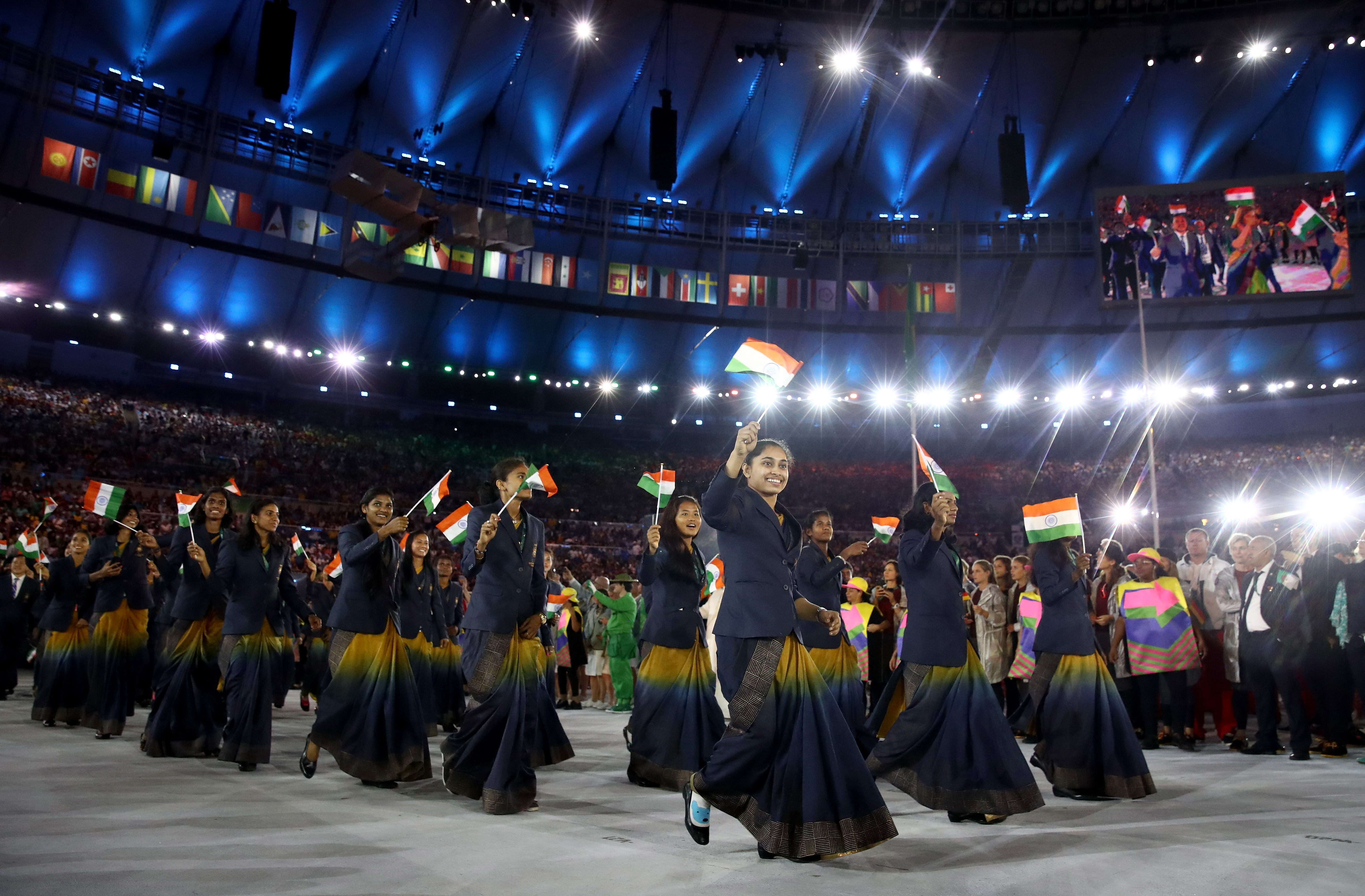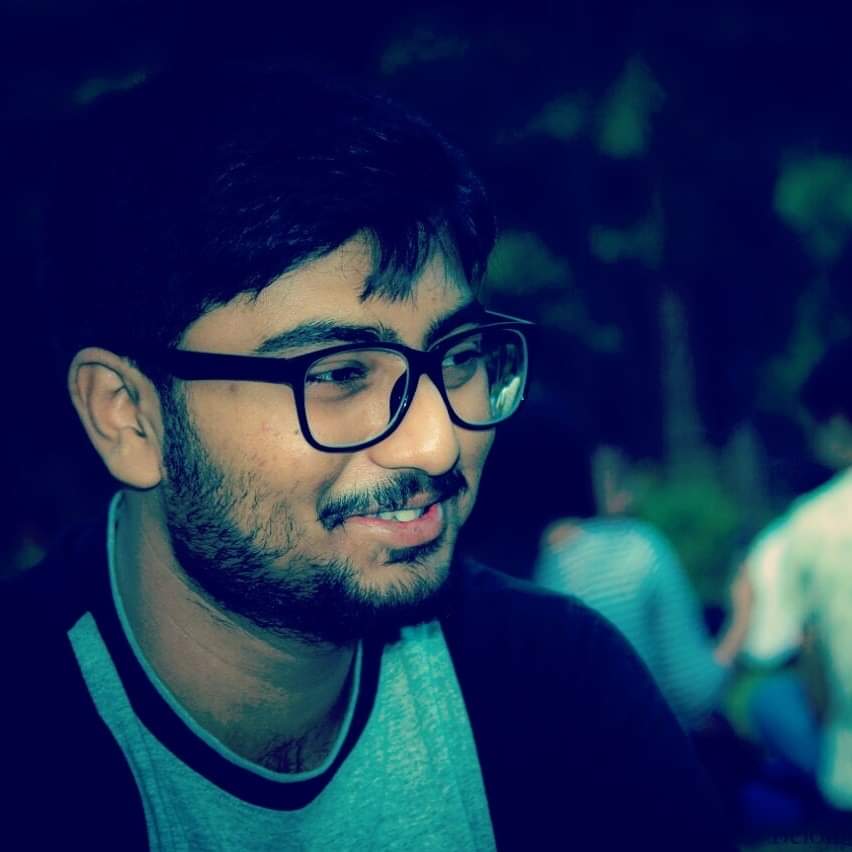Why Sports Ministry’s ban on 54 NSFs can have snowball effect in build-up to Tokyo Olympics
Indian sports have been heavily affected by the Covid-19 outbreak and the situation hasn't shown an improvement either, with cases accelerating at an alarming rate. Just when the crisis was enough to keep athletes out of action, the Indian Sports Ministry's recent decision has piled on the misery.

More than three months have gone within a blink of an eye, but the situation in India is worsening day by day, with the death toll crossing the 20,000-mark already. The Covid-19 pandemic has ripped us apart in every sense of the word, with the sports fraternity no exception to the rule. Athletes have been handcuffed at home with no possibility of returning to action in the near future, with the associations not convinced by the situation to rush things. Just when the situation got the better of the sports stars, the Indian Sports Ministry, by the order of the Delhi High Court has just rubbed salt into the wound, by withdrawing the recognition of all its 54 National Sports Federations (NSFs), which also implies that the suspension of the Indian Golf Union, School Games Federations of India and Rowing Federation of India will continue.
The Tokyo Olympics has been pushed back by a year owing to the health crisis, giving athletes some valuable time to prepare for the event. Looking at the present-day situation, they have already lost months of practice, but we need to find the light at the end of the tunnel. The government of India has given them permission to avail sports facilities, with social distancing norms in place. The decision came in a glimmer of hope for the Tokyo-bound athletes, with the Boxing Federation of India (BFI) set to restart its national training camps in July. But on the contrary, the bold move to withdraw the annual recognition of the associations could prove to be a major roadblock in the build-up to the Olympics.
The annual recognition of the National Sports Federations are granted every year in January, but unfortunately, as per reports, the process took longer than usual in 2020 due to the negligence of the Sports Ministry. Before the legalities were completed, the pandemic struck and a lockdown was imposed, in lieu of which the government decided to extend the provisional recognition till September, but it was revoked due to alleged foul play from the Indian Olympic Association to create parallel bodies. In the fiasco, once again the athletes are set to take the maximum beating and we need to understand why.
Granting of recognition to the National Sports Federations makes them eligible for government funds for the national training camps and competitions. It’s not that the associations have to shut shop from the day after, but the financial side of things becomes much more vulnerable. Athletes, on the other hand, would fail to hold their national championships and certificates as it would be deemed invalid, coming from a de-recognised body.
Meanwhile, Railway concessions can no longer be availed by the athletes to travel for camps and competitions. More importantly, sponsorship deals could get snapped as corporate bodies won’t be inclined to associate itself with a de-recognised association while smaller NSFs would suffer the most as Corporate Social Responsibility (CSR) activities are not happening because of the lockdown. That’s the gravity of the situation we might face in the future. But Sports Minister Kiren Rijiju airily dodged the situation, having stated that the court's decision must be respected, even though they would keep on helping athletes.

 Narinder Batra is the President of the Indian Olympic Association © PTI
Narinder Batra is the President of the Indian Olympic Association © PTI“We are looking at the implications of it, I don’t know whether the camps can start or not. How will the government fund and this is the decision regarding NSFs, what has been banned in court, and what permission has to be taken from court? And if day-to-day permission is required then we have a serious problem and I don’t think we should then look for any medal in the 2021 Olympics because no preparation can happen,” stated IOA President Narinder Batra.
Even though the impact of the decision might not be too detrimental at present, it can surely have a snowball effect. For instance, Tokyo-bound boxers have already started assembling at the National Institute of Sports in Patiala, while the National Rifle Association (NRAI) of India is aiming for a resumption this week itself. Likewise, other associations are devising ways to attain normalcy. With the bodies still not granted recognition, they could easily find themselves in a financial crunch once the camps begin at full strength. Training will be disrupted inevitably, which in turn would hamper the progress of the athletes. And there cannot be a worse time to face such roadblocks - with less than 12 months left for them to board the flight to Tokyo.
Whatever the situation might be between the governing bodies, they are not the ones to shoulder the burden of a billion dreams at the world’s greatest sporting spectacle, but the athletes are. That is the main reason why the contingent should not bear the brunt of the cuts. Speeding up the paperwork before the camps begin in full swing is the only solution to the problem we might encounter, while the Sports Ministry and IOA should act more responsibly for the sake of the athletes. It needs to be ensured that the Olympic aspirants get the best possible facilities and are in the best shape possible before representing the tricolour in Tokyo next year.

Comments
Sign up or log in to your account to leave comments and reactions
0 Comments